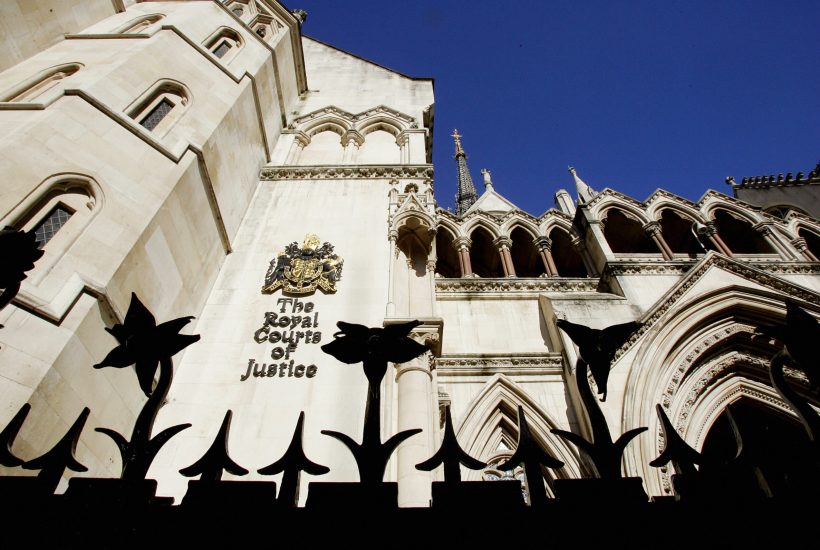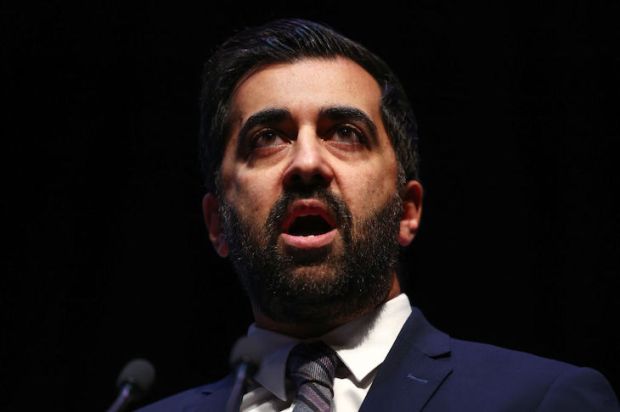Keira Bell is a name that will be remembered. Like Victoria Gillick before her, she argued in the High Court that minors could not consent to certain medical treatment. But that is where their paths differ. In 1983, Gillick lost when the High Court ruled that girls under 16 could be prescribed birth control without parental consent.
Bell on the other hand had been a patient of the Tavistock and Portman, the NHS trust that operates paediatric gender services in England. She now regrets her transition and says that the clinic should have challenged her more rather than offering her puberty blockers and testosterone. Her legal case against the clinic was a narrow one focussed on consent, essentially: is a child under the age of 16 mentally developed enough to make an informed choice about puberty blockers?
Last year, the High Court determined that they did not have so-called Gillick competency and ruled in Bell’s favour. The judgment declared:
It is highly unlikely that a child aged 13 or under would ever be Gillick competent to give consent to being treated with puberty blockers. In respect of children aged 14 and 15, we are also very doubtful that a child of this age could understand the long-term risks and consequences of treatment in such a way as to have sufficient understanding to give consent.
But today that ruling was overturned by the Court of Appeal after an application by the Tavistock Clinic. The judges ruled that ‘it was an improper restriction on the Gillick test of competence’. Let’s be clear, this is a profound reversal of the earlier judgement. At the time, an NHS spokesperson said:
We welcome the clarity which the court’s decision brings. The Tavistock have immediately suspended new referrals for puberty blockers and cross-sex hormones for the under-16s, which in future will only be permitted where a court specifically authorises it.
But what now for the Tavistock? Pressure is already mounting from organisations that support the medicalisation of transgender-identified children. This afternoon Mermaids UK called on the NHS to ‘reverse its position as a priority and with urgency’.
However, puberty blockers and cross-sex hormones are in a different league to birth control pills — the subject of the Gillick ruling almost 40 years ago. When girls stop taking the pill they can expect to regain their fertility, but — as Bell has discovered — the effects of testosterone are both irreversible and life-long
If this decision is allowed to stand, it will be a monumental abrogation of our responsibility to children. The case was always a narrow one around the issue of consent but it sets the tone for the debate around the treatment itself. The NHS now admits that ‘little is known about the long-term side effects of hormone or puberty blockers in children with gender dysphoria,’ and, crucially, ‘it’s also not known whether hormone blockers affect the development of the teenage brain or children’s bones.’
But we would be naïve to imagine that this case will end here. Just like Gillick, Bell may well end up being decided by the highest court in the land. After successfully appealing the High Court judgment against her, Gillick found herself in the House of Lords where she finally lost and where Lord Scarman determined that:
As a matter of law the parental right to determine whether or not their minor child below the age of 16 will have medical treatment terminates if and when the child achieves sufficient understanding and intelligence to understand fully what is proposed.
The question now is the same: can children ever understand the consequences of puberty blockers and cross-sex hormones before they know what it means to be an adult? I don’t think they can. The consequences for them are so much more profound than for people who transition in middle age. We have already achieved mental and psychological maturity; in many cases, we have had children of our own — and as many as we want.
But for children suffering from gender dysphoria, the stakes are much higher and not just in England and Wales. The UK is at the head of this debate and the case is being watched worldwide. Such is the importance of this case — another Gillick no less — that it seems to me that it is not a question of if Bell v Tavistock will be referred to the Supreme Court, but when.
Got something to add? Join the discussion and comment below.
Get 10 issues for just $10
Subscribe to The Spectator Australia today for the next 10 magazine issues, plus full online access, for just $10.




















Comments
Don't miss out
Join the conversation with other Spectator Australia readers. Subscribe to leave a comment.
SUBSCRIBEAlready a subscriber? Log in